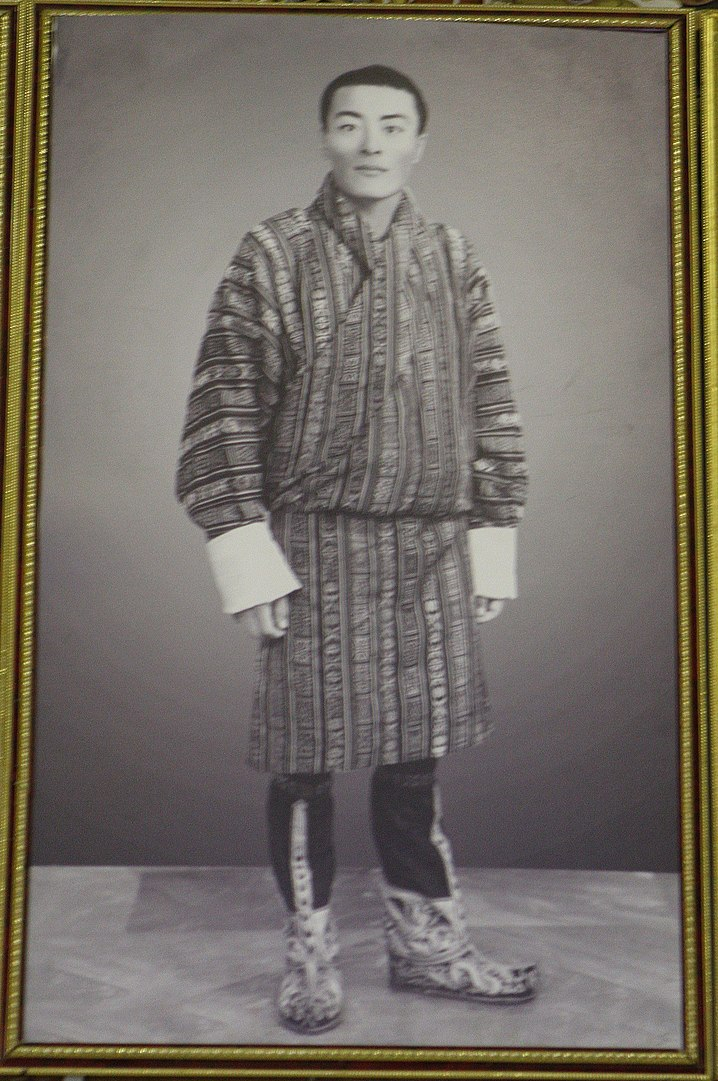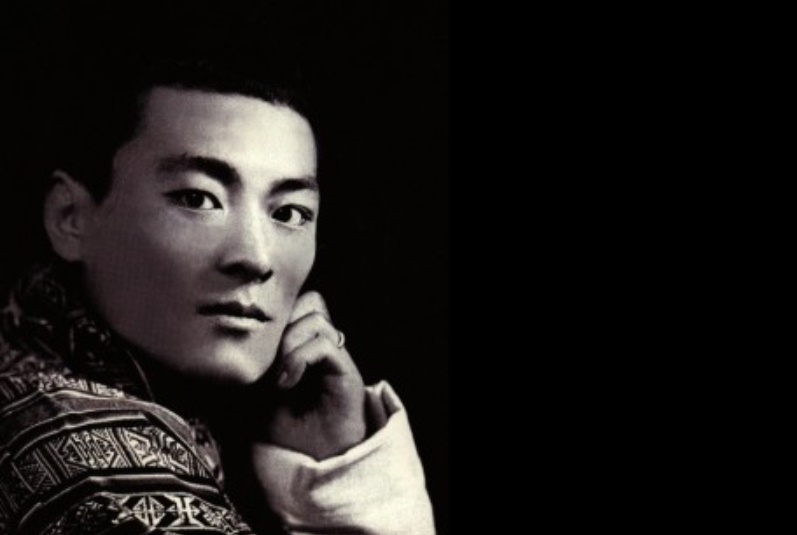Jigme Dorji Wangchuck
Jigme Dorji Wangchuck (2 May 1928 – 21 July 1972) was Bhutan's third Druk Gyalpo. He began to expose Bhutan to the outside world, modernize the country, and take the initial steps toward democratization. The fundamental reorientation of Bhutanese society began during his 20-year reign, which concluded in July 1972. Wangchuck not only reorganized society and administration but also solidified Bhutan's sovereignty and security. As an aid, he mobilized resources from international donors. Wangchuck's objective was to diversify aid sources by cultivating partnerships with other countries. Bhutan joined the Colombo Plan in 1962 in order to seek international assistance. However, India quickly emerged as the primary supplier of financial and technical aid. He was a skilled and foresighted planner in that he modernized Bhutan without upsetting its culture and traditions. Wangchuck utilized contemporary tactics and approaches to conserve and enhance Bhutanese culture while also introducing Western science and technology. In this region of the world, he was a pioneer among environmentalists. The Manas Sanctuary, founded in 1966, was one of the region's first.
Wangchuck inaugurated Bhutan's National Assembly in Punakha Dzong in 1953. Following the establishment of the National Assembly in 1953, the king authored and created a series of progressive laws for the Kingdom. The King issued a comprehensive collection of regulations covering key aspects of Bhutanese life such as land, cattle, marriage, inheritance, and so on. Wangchuck chose to establish the judiciary, first with the appointment of Thrimpons (judges) in districts, and then with the establishment of the High Court in 1968. Prior to any economic modernization projects, these administrative and social reforms were implemented. In 1955, he accelerated the transition from commodities to cash taxes by evaluating land for cash taxation. Although cash taxes were modest, shifting from commodity taxes to cash taxes was a bold move at the time. Aside from better legislation and tax changes, the Royal Bhutan Army was fully founded in 1963. Furthermore, all officials' entitlements were converted from commodities to cash, and new designations were assigned. In 1968, Wangchuck formed new Ministries.
The king devoted significant governmental focus to safeguarding Bhutanese culture in order for Bhutan to continue as a culturally separate nation, particularly with a vibrant Buddhist culture. He commissioned Buddhist monuments such as a big Buddha statue near Thimphu's parliament building, as well as lavish reproductions of Buddhist books such as the Kangyur and Tengyur.






